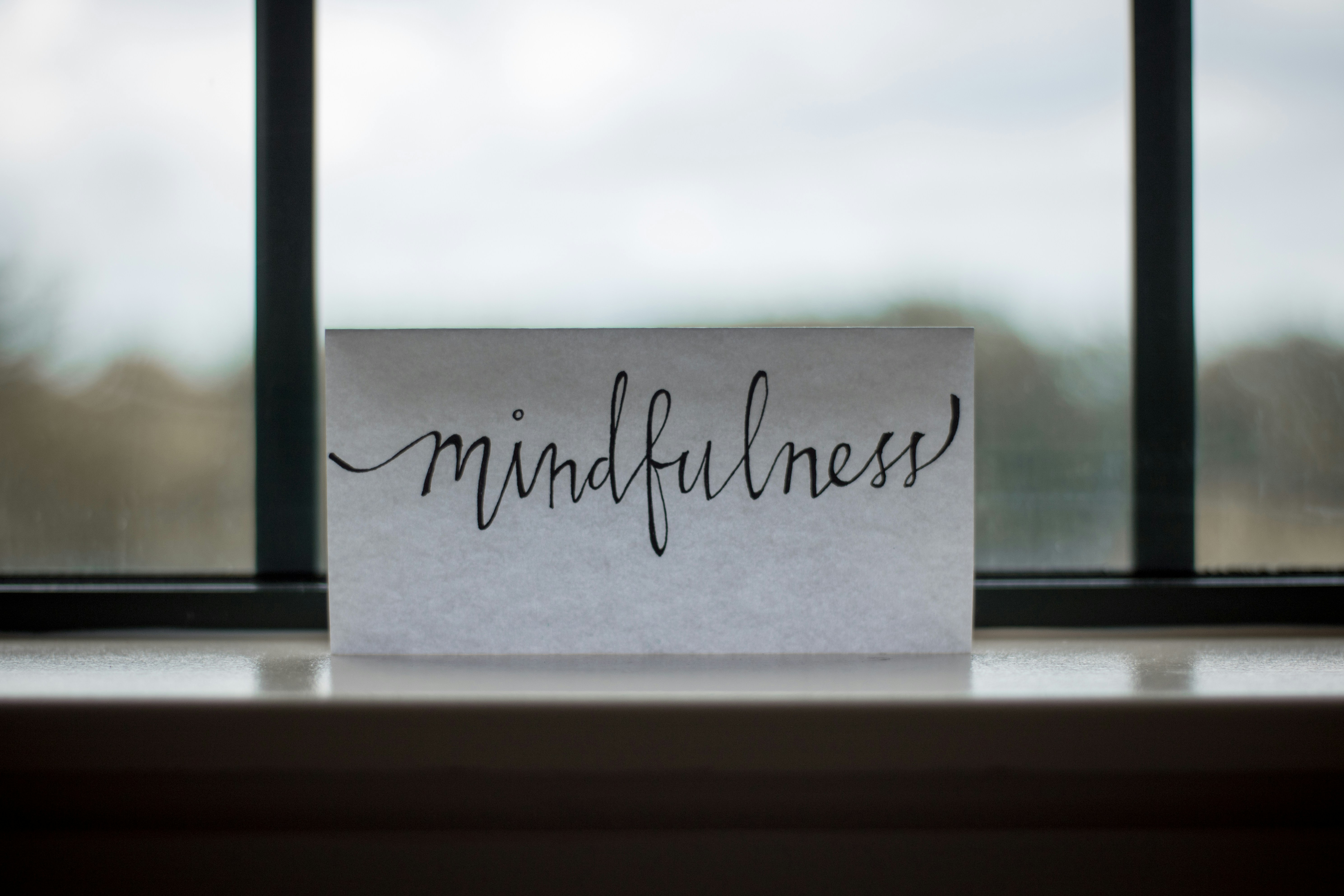
Exploring Different Ways To Overcome Personal Hurdles
Personal struggles, especially in a time of a global pandemic, are no laughing matter. Life is hard and especially right now. No matter what you’re struggling with, the great news is that you aren’t alone. Other people are facing challenges, too, and there are therapists, medications, support groups, books, and community programs ready to help you if you’re willing to reach out. From PTSD symptoms to treatment for an anxiety disorder, there are tools that will work for everyone—even in the middle of a global pandemic.
Whether you intend to make it over and around your personal hurdles alone or with support, read on for what’s out there to assist you. Odds are, there’s more out there than you’re aware of if you do a little research and homework.
Medication and Formal Therapy

We’re all living in very uncertain times. In the United States for example, political events and pandemic stress are causing people to struggle with PTSD (Post Traumatic Stress Disorder), feelings of isolation, and anxiety. From job losses to reduced income, working from home, or worries about protecting friends and family from COVID-19, people are at their limit. Grief due to the loss of loved ones is a common struggle now, too. Estrangements, poor living conditions, food insecurities, and more are all adding up to a whole lot of hurdles for people all over the world.
For veterans, riots and social upheavals are causing triggers for PTSD. Some of these brave men and women are now seeking ketamine therapy for PTSD while others are relying on friends and family to help them through symptoms, such as horrific dreams and generalized anxiety. The same is true for people with bipolar disorder or for those who suffer from stress after a traumatic event. In short, current events are triggering people and bringing up a host of symptoms that might otherwise have been treated effectively.
For others, personal challenges have nothing to do directly with current events but are still otherwise impacted. Some struggle with major depressive disorder, side effects from being unable to afford regular medications, and confusion about how to push forward with goals and relationships while dealing with wide scale restrictions and regulations. In short, most everyone is facing a personal hurdle in one way or the other in 2021.
Because of this, it’s important to know the options when it comes to getting help. From formal therapy and medications to picking up the phone for support lines or telehealth, the good news is the help’s there for those who need it.
Telehealth Therapy

In the pandemic climate, many are turning to telemedicine and online therapy to get help with everything from anxiety disorders to symptoms of PTSD. By visiting places like www.brucerubensteinmd.com, you’ll be well on your way to getting connected to a licensed therapist who understands your need for a deeper understanding of what’s going on in your life. These mental health professionals will work with you to fight through any traumatic experience, obsessive compulsive disorder, or even just day to day living in an uncertain time period. These doctors and therapists understand common issues like avoidance, strained family relationships, stress response, anxiety disorders and more. If you give them a chance and open up to them, you might be surprised how quickly you begin to feel better.
For some, there are concerns that doctors and therapists could not effectively treat things like mood disorders in a virtual environment. The reality is, telehealth visits with psychologists work almost exactly the same as they do in person. Unlike medical doctors, like your primary care physician, psychologists work with the mind. While a Zoom session might not show your body language as well, it won’t impede your overall quality of care for this reason. That is, a physical exam is not critical to the diagnosis or ultimate treatment plan.
Religion and Spirituality

For some, there’s no better way to get through a personal problem than to go directly to God or another higher power. If you’re a spiritual person or part of an organized religion, you’re already a few steps ahead. Turn to your religion or pick up a new NLT study bible if you need motivation to get back to prayer. Research shows that faith and hope go a long way in helping depressive symptoms and that people who believe in something bigger themselves are often their own best advocates when it comes to beating hurdles.
Whether opening the door of God is right for you or not, it’s something that’s worked for others and might be worth a shot. If this is something you’re open to and you’re also seeing a therapist, don’t hesitate to mention it. Most client-driven psychologists are more than happy to incorporate your religious beliefs into their sessions and even treatment plans. If the significance of scripture of message of the book is something you value, let them know it. You can even bring your favorite bible verse to your next online session and ask your therapist to talk it through with you.
Self Help and Resources

There are books and online support groups for people who prefer self help to traditional therapy. If you think you’re suffering from severe depression or haven’t had luck with psychotherapy in the past, another way to help yourself is to do a Google search for other options. By using ‘look inside’ features, you can often scan book introductions to get an idea of what books and topics might work for you. While eBooks are cheapest, many prefer paperbacks simply for the logistics of being able to refer to them over and over as research tools.
Maybe you’ve been experiencing restlessness or fatigue. While you might not feel clinically depressed, self help books or online group support groups could help you to identify the problem and come up with new goals or inspiration to get you out of a rut. Even if just to help reduce negative thoughts or pass the time, these groups can be invaluable tools.
In the end, no two people or problems are exactly the same. But overcoming a personal struggle doesn’t have to be done alone. Reach out for help or take time to research ways you can get through these challenging times. By investing in yourself and working to get past whatever you’re going through, you’ll come out not only stronger but more capable, too.
